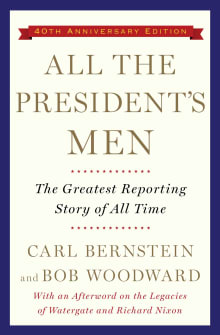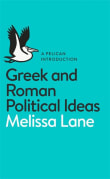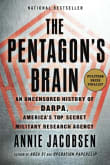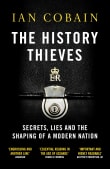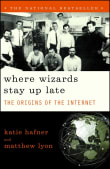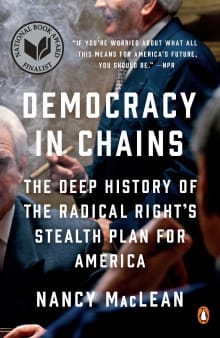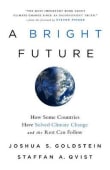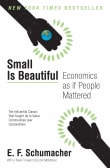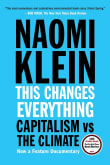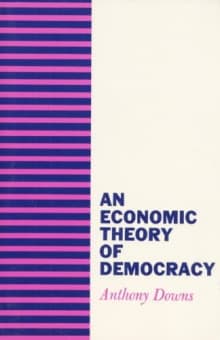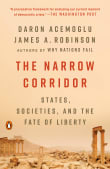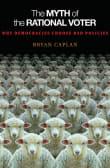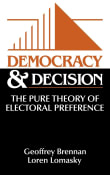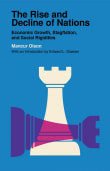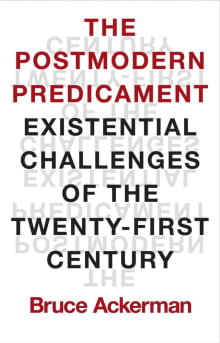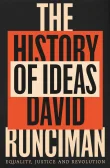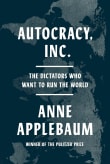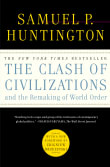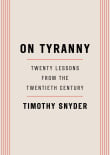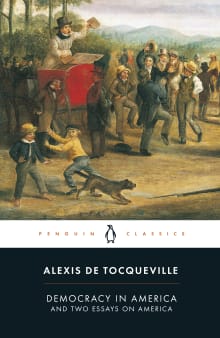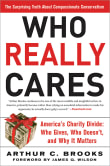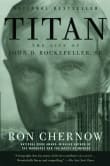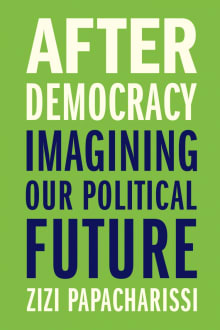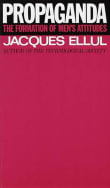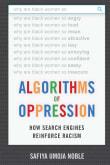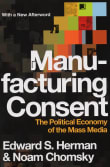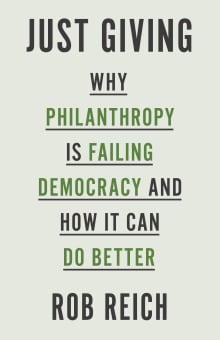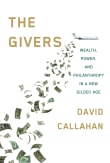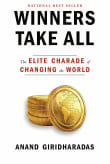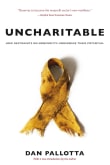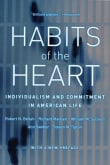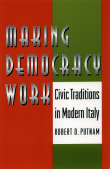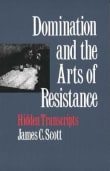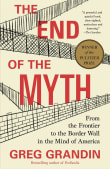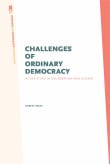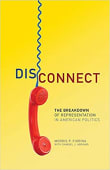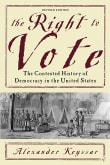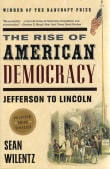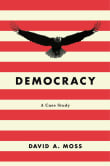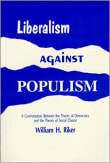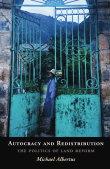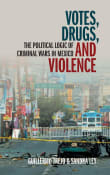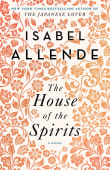Why am I passionate about this?
I (Robert) am primarily interested in modern British history. During my postgraduate studies, I worked mainly with government papers that had just been declassified. Like many historians, I enjoy unraveling the mystery that archival research offers and shedding light on forgotten or unheard stories. Meanwhile, Peter, my co-author, is passionate about the intersection between national security and human rights. He developed this interest during his PhD research, which examined the institutionalization of torture during the Iraq War. This research relied heavily on documents released via freedom of information requests and leaks, both of which are relevant to our book on the Official Record.
Robert's book list on democracy and secrecy

Why did Robert love this book?
One of the defining accounts of the original political scandal, Watergate, ultimately brought down US President Richard Nixon; Bernstein and Woodward’s book (later superbly adapted as a film starring Dustin Hoffman and Robert Redford) is partly so intriguing because it conveys the energy of a 1970s newsroom and the surprising level of access to the Nixon administration.
Ultimately, though, this book is still vital because it brings together several themes crucial in understanding the Official Record: secrecy and its corrosive impact on democracy, whistleblowers, perceived impunity, and the impact that determined and courageous journalists can exert on the powerful.
6 authors picked All the President's Men as one of their favorite books, and they share why you should read it.
50th Anniversary Edition—With a new foreword on what Watergate means today.
“The work that brought down a presidency...perhaps the most influential piece of journalism in history” (Time)—from the #1 New York Times bestselling authors of The Final Days.
The most devastating political detective story of the century: two Washington Post reporters, whose brilliant, Pulitzer Prize-winning investigation smashed the Watergate scandal wide open, tell the behind-the-scenes drama the way it really happened.
One of Time magazine’s All-Time 100 Best Nonfiction Books, this is the book that changed America. Published just months before President Nixon’s resignation, All the President’s Men revealed the…
